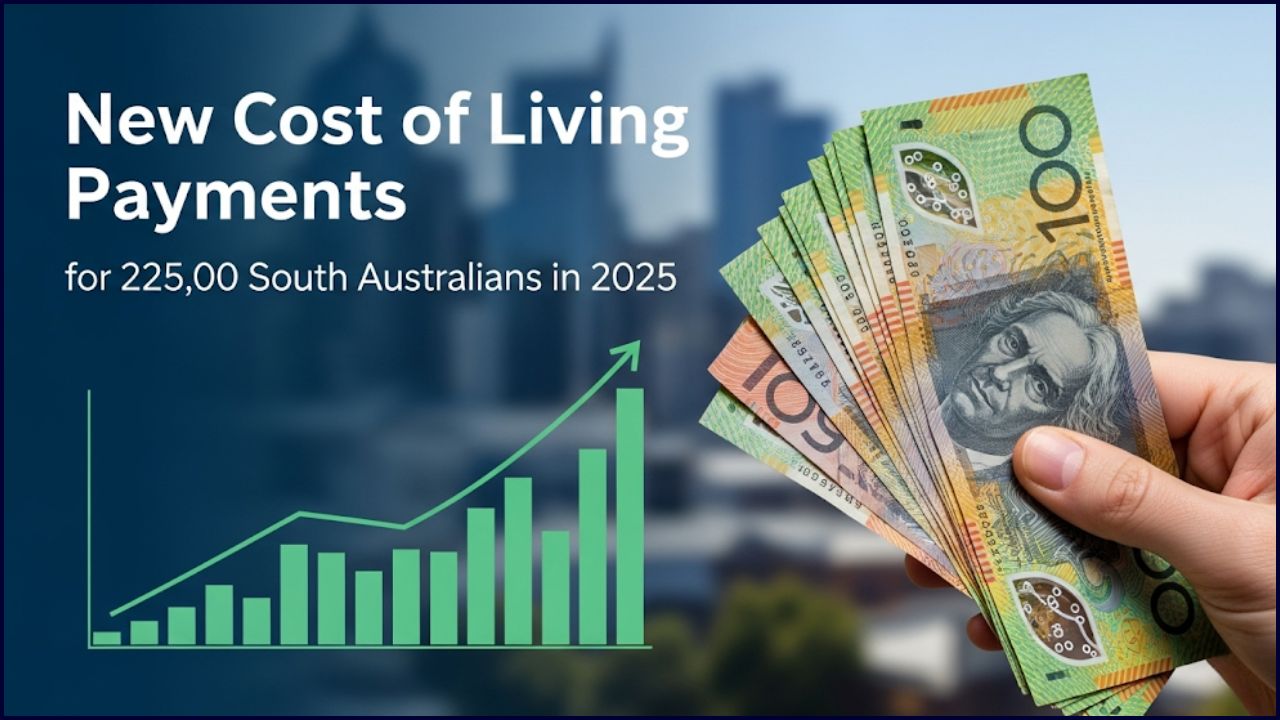In today’s globalized world, working abroad has become an exciting opportunity for professionals seeking career growth, adventure, and new experiences. Whether you want to advance your career, experience a new culture, or earn a living in a new environment, securing a work visa is often the first step. Fortunately, many countries are now offering streamlined visa processes to attract skilled workers, making the world a smaller place when it comes to job opportunities.

If you’re considering a move to another country, understanding which countries offer the most accessible work visa requirements in 2025 will help you make informed decisions. Let’s dive into the top destinations and explore the different work visa options available.
10 Countries with Most Accessible Work Visa Requirements in 2025
| Country | Visa Types Available | Processing Time | Key Feature | Popular Industries |
|---|---|---|---|---|
| Germany | EU Blue Card, Job Seeker Visa, Freelance Visa | 1-2 months | High-skilled job opportunities, freelancing | IT, Engineering, Arts, Education |
| Canada | Global Talent Stream, Express Entry, PNP | 2 weeks – 6 months | Pathways to permanent residency, tech-friendly | IT, Engineering, Healthcare |
| Australia | Temporary Skill Shortage Visa, Employer Nomination | 3-4 months | High-demand skilled workers, family-friendly | IT, Construction, Healthcare |
| New Zealand | Accredited Employer Work Visa, Essential Skills Visa | 3 months | Work-life balance, skilled labor opportunities | IT, Healthcare, Engineering |
| UAE | Employment Visa, Freelance Visa | 1-2 months | Fast processing, booming business sector | Tech, Finance, Hospitality |
| Estonia | Digital Nomad Visa, D Visa | 1-2 months | Remote work-friendly, digital services focus | IT, Tech, Education |
| Portugal | D7 Visa (Passive Income), Remote Worker Visa | 1-2 months | Strong expat community, attractive tax incentives | Tech, Marketing, Freelance |
| Spain | Digital Nomad Visa | 1-3 months | Attractive lifestyle, tax benefits | IT, Digital Marketing, Remote Work |
| Singapore | Employment Pass, S Pass | 2-4 months | Fast, efficient work visa processing | Finance, IT, Healthcare |
| South Korea | E-7 Visa (Specialty Occupations), D-10 Visa (Job Seeker) | 3-5 months | Opportunities for tech professionals, language support | Engineering, Education, IT |
Securing a work visa in 2025 can be your ticket to exploring global opportunities. Whether you’re looking for a vibrant career in tech, a chance to explore new cultures, or a better work-life balance, the countries listed here provide diverse pathways to help you achieve your goals. By understanding the visa options and requirements for each destination, you can take the first step toward your international career journey today!
1. Germany: A Hub for Skilled Professionals
Germany offers some of the most accessible work visas in Europe, and its EU Blue Card is among the most sought-after. Designed for highly skilled professionals, especially in engineering, IT, and healthcare, the EU Blue Card provides fast track residency options for foreign nationals. If you’re looking to work as a freelancer, the Freelance Visa is another popular option, allowing self-employed professionals to live and work in Germany.
Real-Life Example: Emily, a software engineer from India, moved to Germany with a Job Seeker Visa. After just three months of job hunting, she secured a position at a tech startup. “Germany’s work-life balance and career growth prospects are unmatched,” she shares.
Key Industries for Work: Engineering, IT, Education, Healthcare.
2. Canada: The Land of Opportunity
Canada has built a reputation as a welcoming destination for skilled professionals. The Global Talent Stream offers expedited processing for tech talent, which means you could secure your work visa in as little as two weeks. Additionally, the Express Entry system makes it easy for individuals with the right qualifications to obtain permanent residency.
Canada’s booming tech sector, especially in cities like Toronto and Vancouver, is in constant need of software engineers, data scientists, and healthcare workers.
Key Industries for Work: IT, Engineering, Healthcare, Education.
3. Australia: Skilled Workers Needed
Australia’s Temporary Skill Shortage (TSS) Visa is ideal for professionals who have secured a job offer in Australia. It allows skilled workers to live and work in the country for up to four years. Australia’s high quality of life, along with a thriving construction and IT sector, makes it an attractive destination for foreign professionals.
Case Study: John, an architect from the UK, found his dream job in Sydney after applying for the TSS Visa. “The process was straightforward, and now I’m working on some of the most iconic buildings in Australia.”
Key Industries for Work: IT, Healthcare, Engineering, Construction.
4. New Zealand: Work-Life Balance
Known for its natural beauty and relaxed lifestyle, New Zealand is an excellent destination for professionals looking for a work-life balance. With its Accredited Employer Work Visa, you can secure a job offer from a company and work in New Zealand for up to five years. New Zealand also offers the Essential Skills Visa for workers in industries with skills shortages.
“Moving to New Zealand was the best decision I made,” says Sarah, a nurse from the Philippines. “Not only do I get to live in a beautiful country, but the work-life balance here is incredible.”
Key Industries for Work: IT, Healthcare, Engineering, Agriculture.
5. United Arab Emirates (UAE): Fast Processing
The UAE is an attractive destination for professionals looking to work in a booming business environment. Whether you’re in finance, technology, or hospitality, the UAE has fast and efficient visa processing times. If you’re a digital nomad or freelancer, you can also apply for the Freelance Visa, which provides flexibility to work independently while enjoying the perks of living in one of the world’s most cosmopolitan cities—Dubai.
Key Industries for Work: Finance, IT, Hospitality, Tech.
6. Estonia: Digital Nomad Visa
Estonia is a trailblazer for remote workers. With its Digital Nomad Visa, you can live in Estonia while working for a foreign company. As one of the most digitally advanced countries in the world, Estonia offers a welcoming environment for freelancers and tech professionals. The application process is quick and easy, and Estonia’s forward-thinking policies make it a favorite for digital workers.
7. Portugal: Digital Nomad’s Dream
Portugal is an increasingly popular destination for remote workers. Thanks to its D7 Visa, which grants residency for those with passive income, Portugal offers a laid-back lifestyle while still maintaining access to the European Union’s market. Its low cost of living compared to other Western European nations makes it an attractive option for digital nomads and retirees.
8. Spain: Work Under the Sun
Spain’s Digital Nomad Visa has caught the attention of remote workers from around the world. Spain not only offers an affordable cost of living but also a high quality of life with its sunny climate and vibrant culture. The country is becoming increasingly attractive to digital professionals looking for a relaxed lifestyle combined with tax incentives.
9. Singapore: Efficient and Straightforward
Singapore offers a business-friendly environment and efficient visa processing. The Employment Pass allows foreign professionals in high-skill industries like finance and IT to live and work in the country. With its strategic location and thriving tech and finance sectors, Singapore is a global business hub.
10. South Korea: Tech & Education Opportunities
South Korea is a popular destination for English teachers, tech professionals, and those with specialized skills. The E-7 Visa is perfect for individuals in specialty occupations, while the D-10 Visa allows job seekers time to find work. With its growing technology sector and strong demand for English teachers, South Korea offers many opportunities.
FAQs
Q1: How do I choose the best country for a work visa?
A1: Consider factors like industry demand, quality of life, visa processing times, and whether the country offers a path to permanent residency.
Q2: How can I increase my chances of getting a work visa?
A2: Ensure your qualifications match the skills in demand, get a job offer, and make sure to provide all required documents when applying.
Q3: How long does it take to process a work visa?
A3: Processing times vary by country and visa type, but they typically range from 2 weeks to 6 months.















